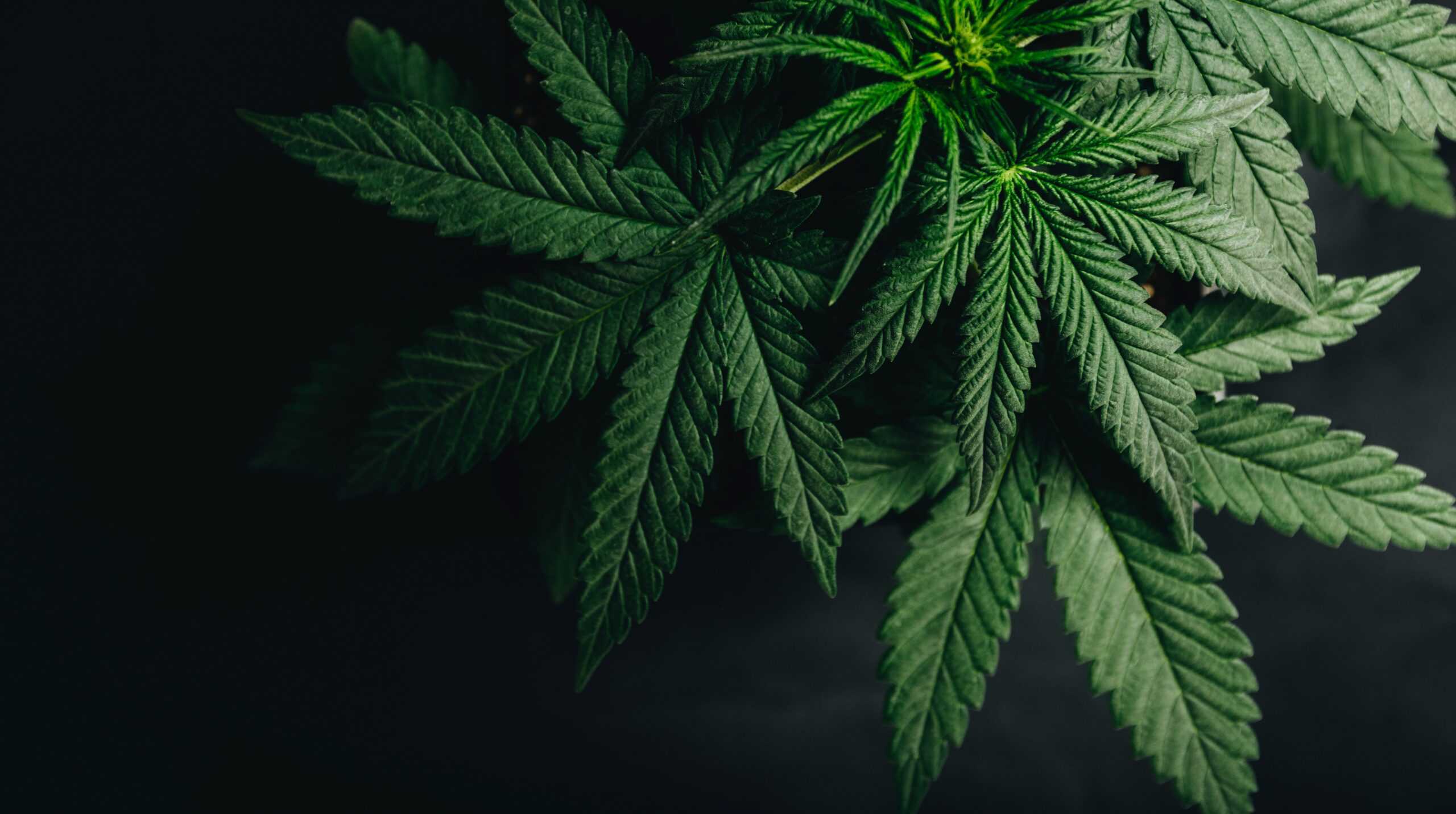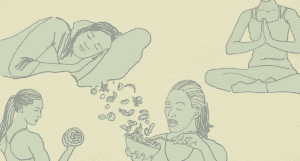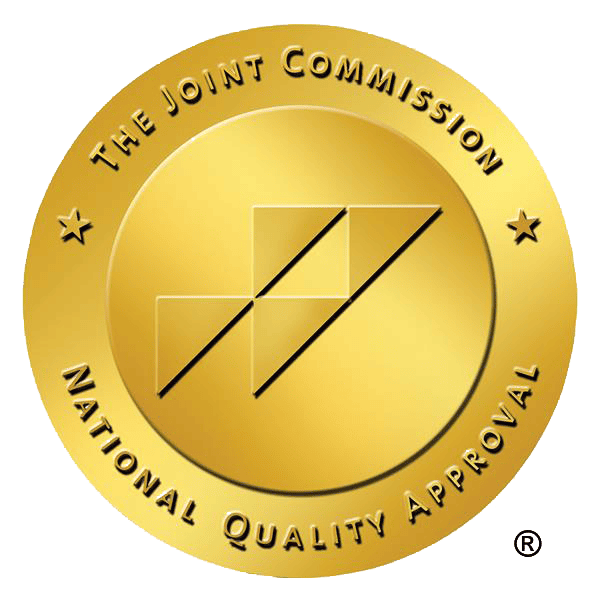Marijuana abuse, also known as cannabis use disorder, is a prevalent issue that affects individuals of all ages. There is a growing concern about its potential for abuse. This is due to the legalization and acceptance of marijuana use across various countries and states. Even though many people view marijuana as similar to alcohol, there still is the risk of abusing the drug and developing an addiction to it.
Marijuana Abuse Signs
There are various signs and symptoms of marijuana abuse that often indicate someone is using this drug. Physical signs include bloodshot eyes, increased heart rate, dry mouth, increased appetite, and impaired coordination. Psychological effects can include behavioral changes, an altered perception of time, decreased energy levels, loss of interest in activities once enjoyed, neglecting responsibilities, and irritability.
Additionally, frequent cravings for marijuana are common. The continued use of the drug despite any negative consequences can indicate an abuse problem. Recognizing these signs is crucial to know when to take steps to get help to break free from addiction to marijuana.
Marijuana Abuse and Mental Health
Marijuana abuse has been linked to various mental health concerns. While many individuals may use marijuana as a way to relax or temporarily alleviate stress, prolonged and excessive use can lead to negative effects on mental well-being. The active ingredient in marijuana, THC (tetrahydrocannabinol), affects the brain’s reward system and neurotransmitters and disrupts normal cognitive functions.
One of the most common mental health issues associated with marijuana abuse is an increased risk of developing psychosis. Regular and heavy marijuana use, especially by adolescents, since their brains are still developing, is a significant risk factor for psychotic disorders such as schizophrenia.
Furthermore, chronic marijuana abuse has been linked to an increased likelihood of experiencing anxiety and depression. Some individuals initially turn to marijuana as a means of self-medication and coping with these conditions. However, long-term use can actually cause the symptoms to worsen rather than provide relief.
Marijuana Withdrawal Symptoms
The severity of marijuana withdrawal symptoms varies between individuals based on the frequency of use, amount used, and duration of use. Hench, when that individual tries to quit or significantly reduce their usage, they can experience withdrawal symptoms.
These symptoms vary in intensity and duration. Common withdrawal symptoms include
- Irritability
- Mood swings
- Anxiety
- Restlessness
- Insomnia
- Decreased appetite
- Weight loss,
- Cravings for marijuana
- Sweating
- Tremors
- Shaking hands
- Headaches
It is important to note that these symptoms are typically not life-threatening but can be uncomfortable and challenging for individuals trying to quit.
Withdrawal from marijuana usually begins within 1 to 3 days after discontinuation and typically resolves within a week or two. However, some individuals may experience lingering effects such as cravings, sleep disturbances, and mood swings for several more weeks or months.
Polydrug Use and Marijuana
Polydrug use refers to the simultaneous or consecutive use of multiple substances, along with marijuana, to achieve the desired effects. It is not uncommon for individuals who abuse marijuana to experiment with other substances to enhance the effects or prolong them, such as euphoria and altered states of consciousness.
Marijuana is frequently used with other substances such as alcohol, prescription medications, opioids, benzodiazepines, cocaine, and hallucinogens. However, combining marijuana with other drugs can pose significant risks.
Polydrug interactions can be unpredictable and potentially increase the chances of adverse reactions and overdoses. For instance, mixing marijuana with depressants like alcohol or opioids can result in heightened sedation and respiratory depression that could lead to respiratory failure and death.
Treatment for Marijuana Abuse
A comprehensive marijuana addiction treatment plan considers various aspects. These include individual circumstances, co-occurring disorders, and the availability of social support systems, to create a personalized care plan. Treatment for marijuana abuse typically involves a combination of detox, evidence-based and holistic therapies, individual counseling, support groups, and medication-assisted treatment (MAT).
Currently, no specific medications are approved by the FDA for treating marijuana addiction. However, various medications can be used to address co-occurring mental health conditions or help ease more intense withdrawal symptoms.
Behavioral therapies help individuals identify their triggers and underlying factors contributing to their marijuana substance. They also develop coping mechanisms and healthier behaviors during this time. Therapy can also address co-occurring mental health disorders that may be present.
Group therapy complements other therapeutic interventions. It provides a sense of community among people with similar experiences. this alows individuals to share stories, exchange advice, and receive emotional support during their recovery journey while building a strong peer support network.
In severe cases of marijuana addiction or when an individual requires intensive treatment, medically supervised detox and residential rehab programs may be recommended. These programs offer 24-hour care to ensure successful detox and provide a highly structured and supportive environment. As a result, it creates a solid recovery foundation.
Break Free from Marijuana Use with Addiction Treatment in Austin, TX
Overcoming marijuana addiction is much more successful when you get help from a qualified treatment center, like Prairie Recovery Center in Austin, Texas. We work with you to develop a comprehensive treatment plan personalized to your needs. Our caring and supportive staff will be with you throughout the recovery process. Our goal is to help you achieve a marijuana-free life and a brighter future.
Contact us today to start your recovery journey.









